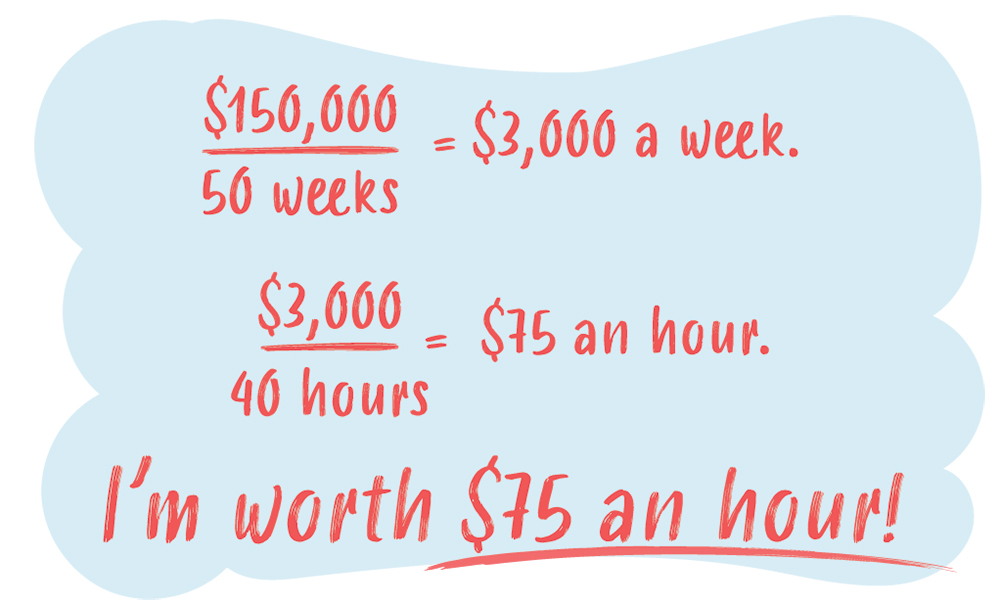
by Mary Oquendo
 ricing is one of the biggest challenges groomers face. How much should I charge? and What would you charge? are questions frequently posted in Facebook grooming groups. The fact that my time had value was a concept I had a hard time wrapping my head around. It countered how we, as an industry, were taught to think. It wasn’t until I nervously sat down with a client right after I opened my mobile grooming business in 2002 that the concept made sense.
ricing is one of the biggest challenges groomers face. How much should I charge? and What would you charge? are questions frequently posted in Facebook grooming groups. The fact that my time had value was a concept I had a hard time wrapping my head around. It countered how we, as an industry, were taught to think. It wasn’t until I nervously sat down with a client right after I opened my mobile grooming business in 2002 that the concept made sense.
The average shop price for a small dog was $35 at the time and took anywhere from an hour to an hour and 15 minutes to complete. When I went mobile, I knew I needed to charge more than the shops, so that meant a small dog was now anywhere between $50 and $65.
At the time, mobile grooming was unheard of, and several people called me and expressed sticker shock. But it was a client that set me straight. I was sitting in the kitchen of a client that followed me from the shop. Her price went up $30, and based on the average price in the area, I was almost double for most breeds.
I felt comfortable enough with this client to ask how she felt about my pricing. She looked at me and said that I just gave her back two hours of her day. That’s the time she spent driving back and forth to the shop where I worked. She said she used those two hours to work on a book she was writing. And with her writing time being limited, those two hours were worth the extra cost.
That was an eye-opener for me. My time has value. But what exactly was my value? How do I determine what my worth is? Well, it involves knowing your numbers…
Say I want to earn $100,000 for the year, and my business expenses are $50,000. (Understand that these are random numbers based on ease of math. For this to work, you have to know what your living expenses are and what it takes to run your business.) So, the total income I need is $150,000 to clear that $100,000. I plan to work 50 weeks of the year (don’t forget vacation time) for approximately 40 hours per week.

Another option is hiring, whether it’s grooming employees (paying employees is a whole other article) or outside service providers such as cleaning companies to work at a lower hourly rate than your value.
Now I want to introduce another principle called “Deliberate Practice.” I first heard this term in the book Badass: Making Users Awesome by Kathy Sierra. Deliberate Practice is when you work on one particular skill until you master it and then move forward. The intent is to make the most of the value assigned to your time.
Instead of being exceptional, you are “meh.” You’re spending too much time on a task while not being effective at what you’re doing. But what if you took the time to master each skill or hire out?
Statistics show that when Deliberate Practice is effective, it should take three sessions to master. If it is taking longer than three sessions, you need to re-evaluate. An example would be learning how to use QuickBooks and being responsible for the bookkeeping vs hiring a bookkeeper.
There are always jobs as a business owner that you are responsible for but dislike doing or don’t want to take the time to master. If that’s the case, don’t waste your time trying to master that skill. Hiring out is the only option.
When you know precisely what your time is worth, you can make better decisions that propel your business forward rather than just wasting time and not earning your true potential.
